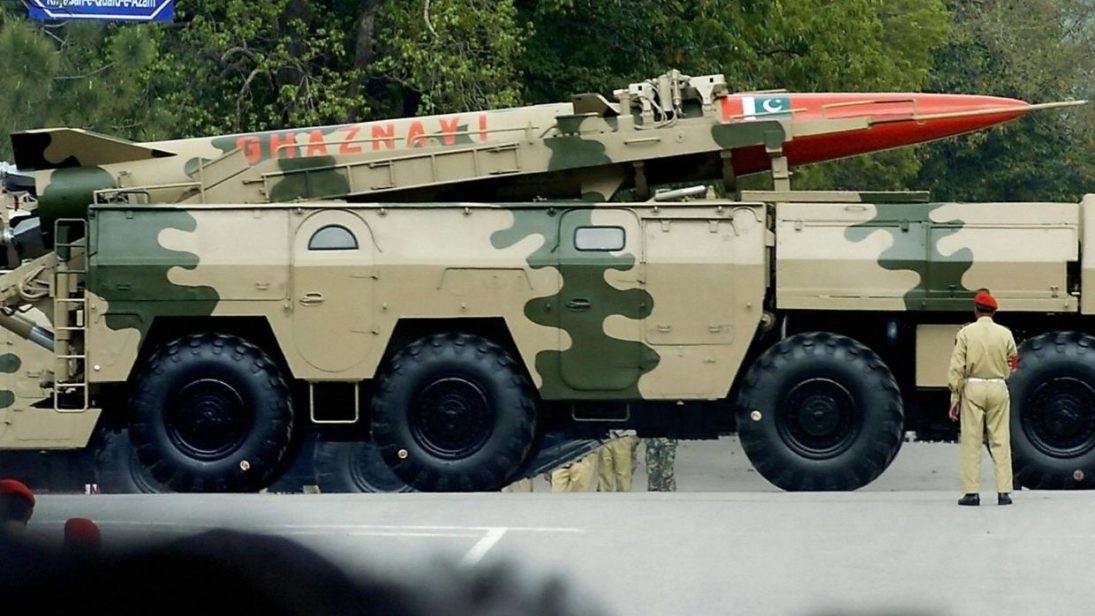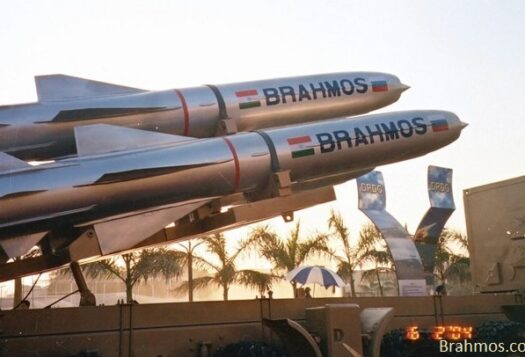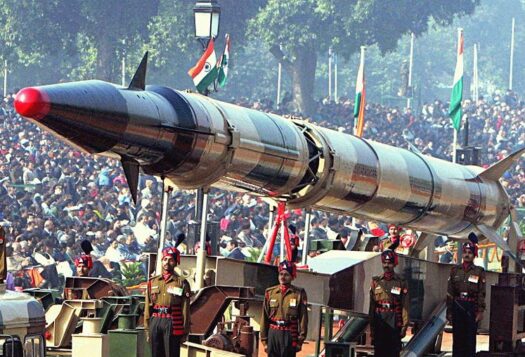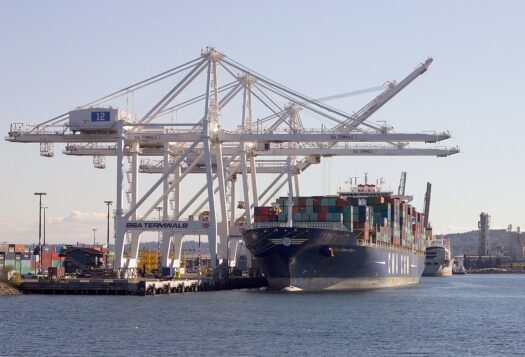
Nuclear weapons programmes remain a crucial strategic element when looking at India-Pakistan relations and its idiosyncrasies. Given this background, India tends to possess some fears regarding Pakistan’s nuclear weapons programme. It is natural to assume that Pakistan may have certain fears regarding India’s programme. The following section presents an Indian viewpoint and points out some of the major anxieties India has about Pakistan’s nuclear weapons programme.
Insecurity regarding Pakistan’s Nuclear Security
Like any other country, Pakistan’s continual quest for expanding its nuclear arsenal calls for a greater focus on its nuclear security. With growing domestic instability in Pakistan coupled with the rising tide of terrorism, New Delhi has a high degree of concern regarding the security of Pakistan’s nuclear materials and weapons.
Pakistan’s nuclear arsenal possesses an approximate range of 90-110 nuclear weapons. It has been increasing its fissile material production, adding nuclear warheads to its stockpiles and seeking to expand ways to deliver them. These developments indicate the expanding role of nuclear weapons for war fighting. With an overall larger nuclear cycle and expanded fissile material and nuclear stockpile, the dangers related to security also rise. While the possibility of a terrorist group taking over a strategic nuclear weapon and launching it seems a bit far-fetched, there are other potential dangers which seem more probable than not.
To illustrate, the risk of radioactive material being stolen is a genuine possibility. While periodic theft of small amounts of nuclear material does not imply that one can use it to make a strategic nuclear weapon, it could be enough to make a dirty bomb. The presence of a large number of terrorist groups in Pakistan (some aimed at countries such as India and Afghanistan, and others targeting the Pakistani state) gives credibility to such concerns. Also, insider help may aggravate the potential nuclear related security risks.
Another security vulnerability that raises hackles in New Delhi is loss of possession of Nasr during a crisis/conflict. It is most practical (given the nature of the weapon system) that Nasr will be placed near the border whenever deployed during a crisis. Given the context, the fear of Nasr falling into the hands of a terrorist group, especially with some insider help, becomes a scenario of anxiety. Nasr requires additional layers of security in order to make sure that no terrorist group or disgruntled personnel are able to exploit the vulnerabilities especially during transportation. Should it fall into the wrong hands, Nasr could act as the perfect instrument of blackmail against any country or institution (Pakistan Army itself).
Unauthorised Escalation
With the introduction of Nasr—Pakistan’s battlefield nuclear weapon— in the India-Pakistan nuclear landscape, there are some fears related to potential problems in case of its deployment. Unlike a strategic nuclear weapon, Nasr will requires greater pre-delegation of authority to battlefield commander(s) or the relevant officer(s) in the hierarchy. In the absence of tight central control and with predictable confusion during a conflict, New Delhi fears that there may be a possibility that the weapon could be used without authorisation. Given that communication breakdown is not an uncommon feature on the battlefield, new problems may crop up. A commander(s) with no connectivity with the higher command is bound to become a victim to the ‘use or lose’ dilemma thereby resulting in the decision to strike without authorisation. Unfortunately, a decision taken by commander(s) on the battlefield can change the course and nature of war.
Nuclear Command and Control during Army rule
One of the more pronounced concerns that is also reiterated by Air Commodore Tariq Ashraf in his book, Evolving Dynamics of Nuclear South Asia, is the state of nuclear command and control under Army rule. Even during peacetime, there is an absence of meaningful civilian bureaucratic involvement in the Pakistan NCA. The situation is likely to worsen in case of an Army coup and continued Army rule in Pakistan.
It is usually believed that countries with a history of military rule or authoritarian governments (and in a perceivably hostile neighbourhood) are more likely to implement “tight central control of nuclear weapon programmes as a requisite for regime survival and regional stability.” This trend seems valid in the case of Pakistan and adds to the potential fears India has about Pakistan’s nuclear weapons programme.
As deftly hypothesised by Air Commodore Ashraf, “Under circumstances when the Army is ruling Pakistan and the Army Chief is also the President/Chief Executive of the country, he could direct the SPD which is also headed by an Army three-star General and through him, or directly order the Commander of the Army Strategic Forces Command to launch nuclear weapons.” Looking at the uncertain state of democracy and the dominance of one institution over the NCA, similar fears in India are only gaining more prominence.
Extending the Debate
Having provided an Indian perspective on the fears about Pakistan’s nuclear weapons, it is desired that a blogger from across the border presents a Pakistani viewpoint on the issue. Although most points in this post have been widely discussed and debated on various other portals, it is worth the effort for South Asian Voices bloggers to reflect on the commonalities between India and Pakistan’s view on nuclear anxieties and eventually look for ways to alleviate them.
***
Image: Jewel Samad-AFP, Getty


